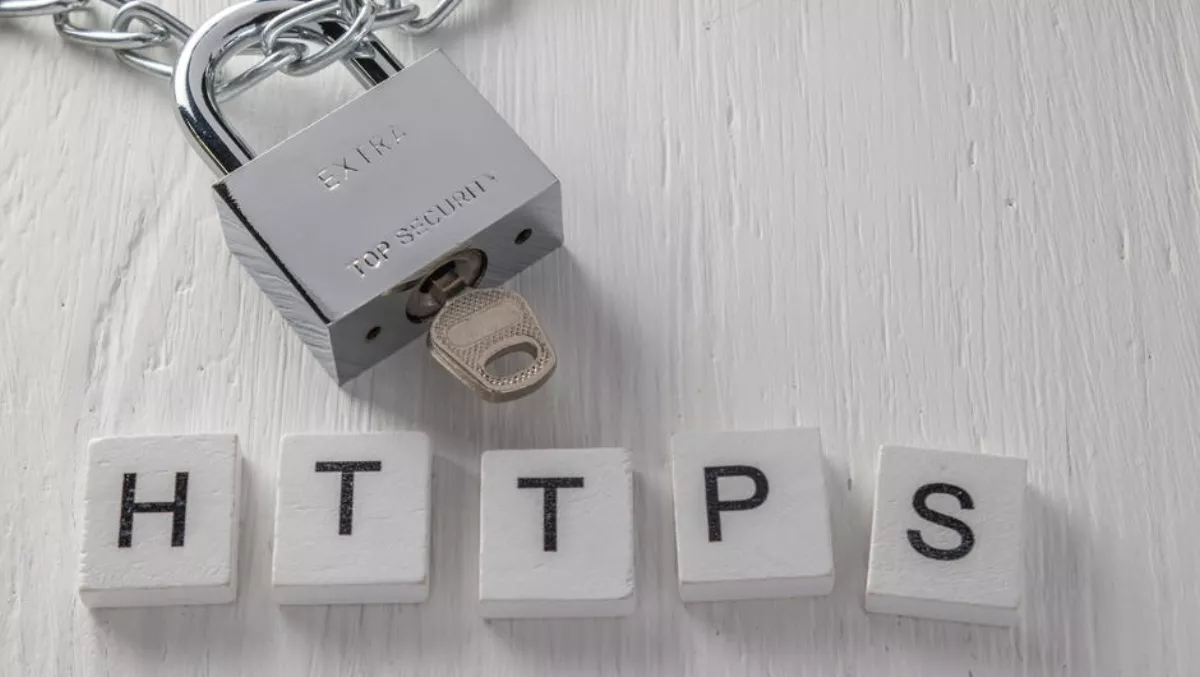The latest version of Google Chrome may bring penalties for businesses that don't have current SSL certificates, as any site without them will automatically be marked as 'not secure'.
Chrome 68 features an update that is designed to make websites' security levels more visible to internet users. On top of that, a recent 'Speed update' means mobile search algorithms now take page load speed into account when determining a website's ranking.
According to a Google blog from July 24, "Chrome's 'not secure' warning helps you understand when the connection to the site you're on isn't secure and, at the same time, motivates the site's owner to improve the security of their site.
According to BigCommerce Group product manager Jordan Sim, businesses should educate themselves about the changes, as the changes have significant effects.
The impacts of Google's Chrome 68 and Speed Update are two-fold, Sim says.
Website security: If you're not using an adequate SSL certificate, your site will be marked as not secure and your ranking could suffer. In other words, your site could reach a lot less people, and those it does reach could be warned not to proceed due to security dangers
Website speed: If your website loads slowly, it could seriously disrupt your SEO, meaning you engage with fewer customers and, ultimately, make fewer sales
He explains that Google updates make one thing very clear: it's never been more important for eCommerce businesses to optimise site speed and security.
"If you fail to invest in a platform that will support both security and speed, you risk losing credibility online, and your business could suffer.
How to stay on top of your SEO
- While online businesses might be concerned about these changes, there are a few key steps they can take to help safeguard their site traffic:
- The first thing online businesses need to do in preparation for the Chrome 68 update is fulfil their SSL requirement by obtaining a Chrome-approved SSL. This will mark their website as secure with HTTPS and prevent their site ranking from being penalised
- Ensure page load speed is adequate by optimising images for screen size. Online businesses should also avoid having too many apps attached to their site, as they often generate a lot of Javascript, which can slow the site down
- If they haven't already, online businesses should choose an eCommerce platform that has this functionality built into it, and enables automatic optimisation of speed and images across any device.



